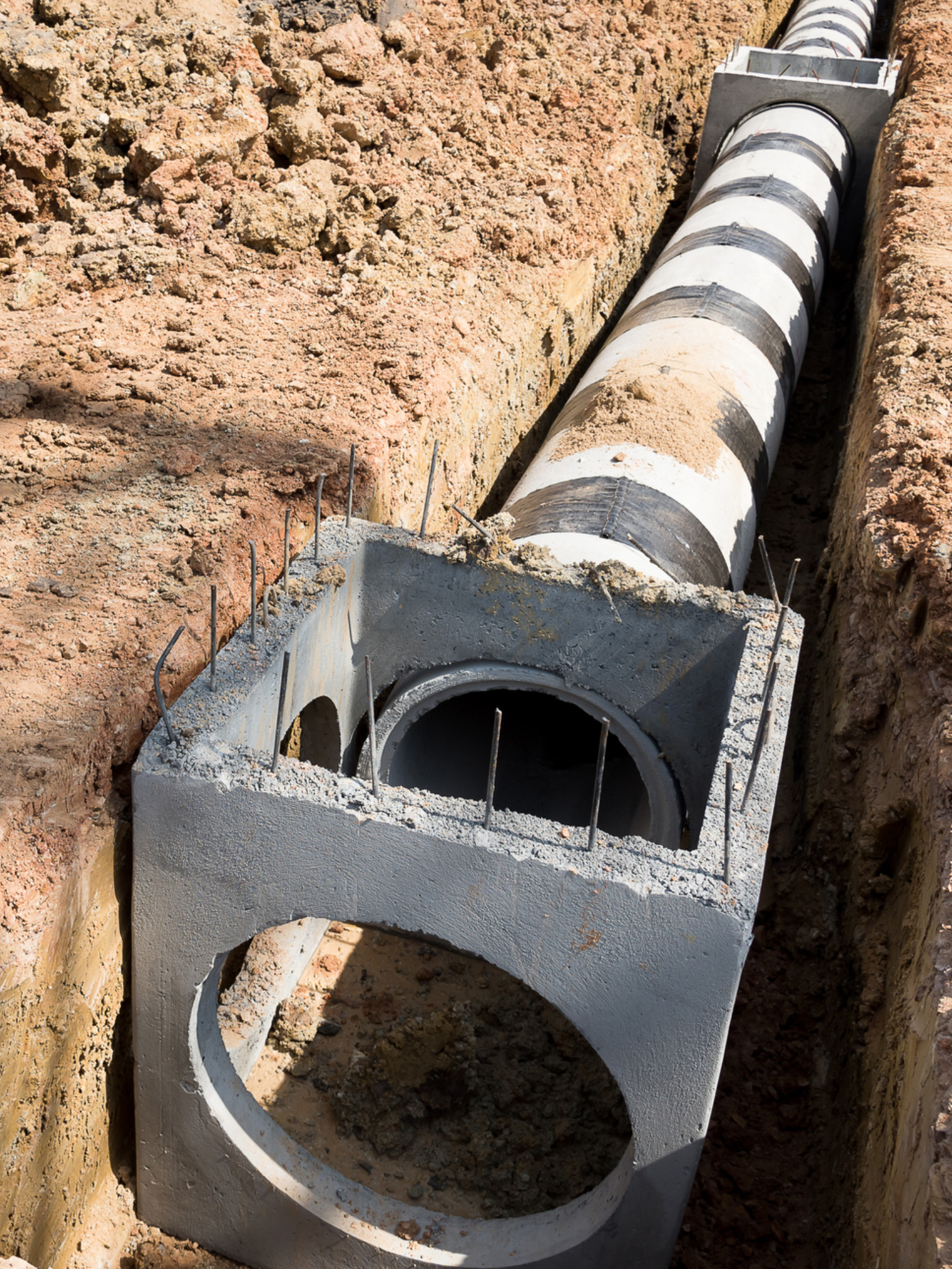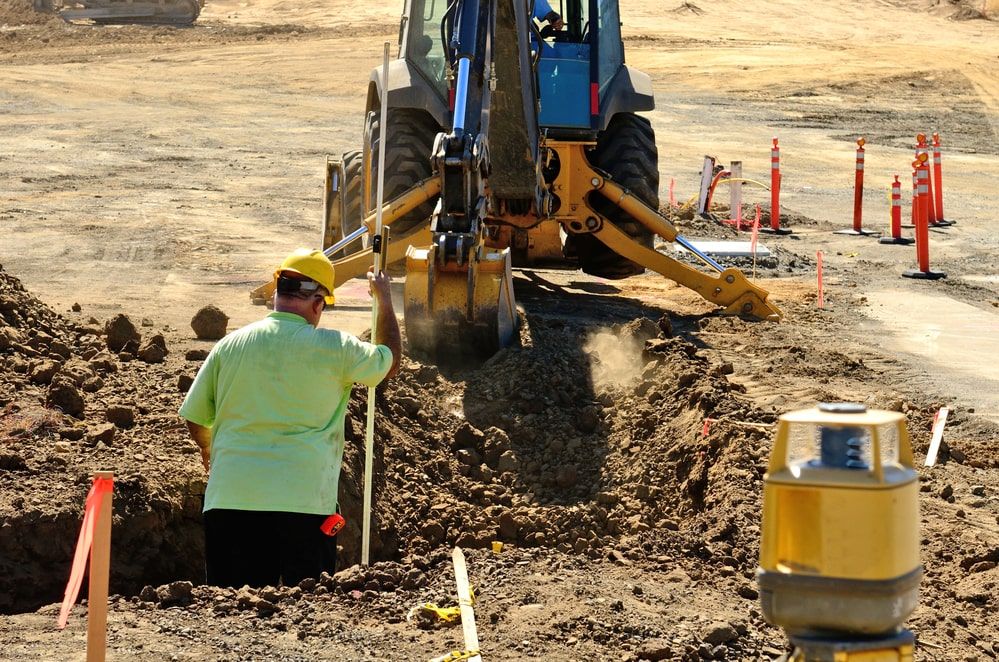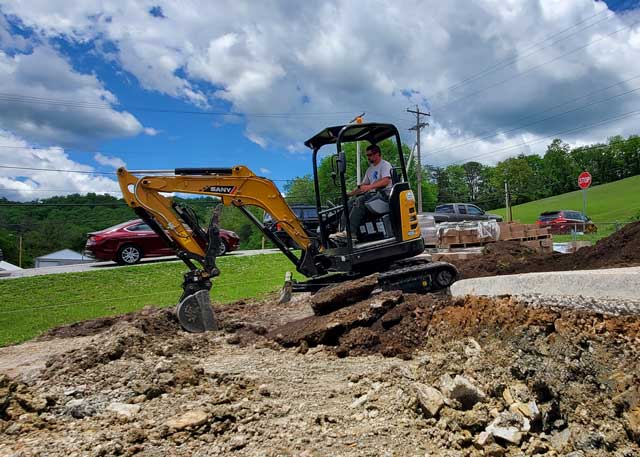Industrial Lancaster Trenching - Trenching Solutions for Companies in Lancaster
Industrial Lancaster Trenching - Trenching Solutions for Companies in Lancaster
Blog Article
Comprehensive Excavation Methods: Understanding the Fundamentals for Success
The mindful preparation, specific implementation, and precise focus to detail required in excavation jobs demand an extensive strategy that incorporates different essential facets. The true proficiency exists not just in recognizing these basics but in seamlessly incorporating them to navigate the complexities of excavation projects with finesse.
Recognizing Excavation Job Preparation

Effective excavation tasks are improved the foundation of meticulous and extensive planning. The first stage of any kind of excavation project is the drawing board, where critical choices are made that can dramatically affect the end result of the job. During this stage, it is vital to gather all pertinent details regarding the website, including topographical surveys, soil make-up, and any prospective threats that may exist. Recognizing the task budget plan, extent, and timeline restrictions is crucial for producing a comprehensive excavation strategy that makes sure the project's success.
One trick element of excavation job planning is the development of a detailed timeline that lays out the series of turning points, due dates, and activities. By thoroughly considering all these elements during the preparation stage, excavation tasks can be performed successfully and successfully, leading to successful outcomes - septic ohio.
Dirt Evaluation and Website Analysis
Conducting detailed dirt analysis and site assessment is an important action in the prep work stage of any kind of excavation job. Soil analysis involves establishing the composition, structure, and residential properties of the soil at the excavation website. This information is critical for comprehending the dirt's bearing capability, moisture content, and possibility for erosion, which are vital factors in establishing the excavation approaches and equipment needed for the job.
Website evaluation surpasses dirt evaluation and encompasses a wider evaluation of the overall website conditions. This analysis consists of determining any kind of prospective threats, such as below ground utilities, ecological worries, or unpredictable surface, that could affect the excavation procedure. By completely evaluating the site, task managers can establish effective excavation approaches that focus on safety and security, performance, and environmental management.
Utilizing sophisticated technologies like ground-penetrating radar, soil tasting, and drone studies can improve the accuracy and efficiency of dirt analysis and website examination. Spending time and sources in these initial actions can inevitably save time and protect against costly hold-ups or issues during the excavation procedure.
Tools Selection and Use
Reliable excavation tasks rely greatly on strategic devices choice and application to make certain ideal performance and productivity. Picking the appropriate equipment for the task is vital in making best use of effectiveness and decreasing downtime. Aspects such as the kind of soil, depth of excavation, and project scope play a considerable function in establishing one of the most ideal tools for the job available.

In addition to choosing the appropriate devices, appropriate usage is crucial to job success. Operators should be trained to take care of the tools safely and successfully - lancaster trenching. Routine upkeep checks and prompt repair services aid avoid failures and ensure regular efficiency throughout the task
Safety And Security Actions and Rules Compliance
In the realm of excavation jobs, prioritizing precaution and compliance with guidelines is extremely important to making certain a legitimately sound and safe functional setting. Safety procedures encompass a variety of practices, including carrying out detailed website analyses, implementing appropriate signs and barriers, and giving ample safety training for all workers entailed in the excavation procedure. Adherence to guidelines, such as OSHA needs in the USA, makes certain that the excavation job satisfies the required requirements to protect employees, spectators, and the surrounding environment.

Surveillance Progress and Adjusting Methods
Exactly how can project managers efficiently track the innovation of excavation jobs and adjust their methods accordingly to maximize end results? Monitoring progress is important for making sure that excavation tasks remain on track and fulfill deadlines.

Verdict
To conclude, mastering the principles of thorough excavation strategies is crucial for the success of any kind of task. By recognizing task preparation, assessing dirt and site conditions, selecting appropriate equipment, following security regulations, and keeping an eye on progression, job managers can make certain check my site a smooth and reliable excavation procedure. Executing these techniques will certainly cause effective outcomes and minimize potential dangers or obstacles throughout the excavation project.
The initial phase of any type of excavation task is the preparation stage, where important decisions are made that can significantly influence the result of the project. Comprehending the project scope, spending plan, and timeline constraints is vital for producing a detailed excavation plan that ensures the task's success.
How can project supervisors efficiently track the improvement of excavation jobs and adapt their approaches accordingly to maximize outcomes? By closely keeping track of development and being prepared to adjust techniques, project managers can improve the overall success of excavation tasks.
By understanding task preparation, evaluating dirt and site problems, picking suitable equipment, abiding with security visit the site regulations, and keeping an eye on development, project managers can guarantee a efficient and smooth excavation process.
Report this page